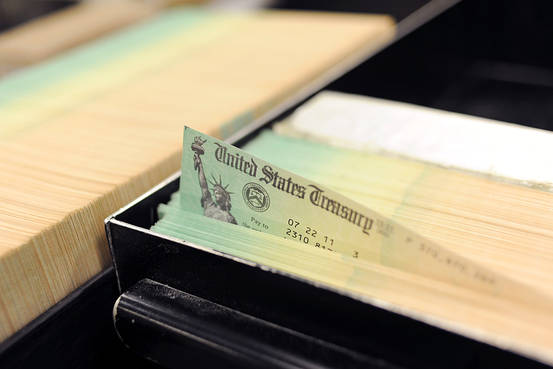This article in the Wall Street Journal is a great reason why you should not rely on Social Security for your income. You need to have an investment plan that makes Social Security your additional savings and NOT your main savings.
It is beyond the scope of this site to improve the management of your Social Security contributions to the Federal government. However, it is the goal of this site to help you dramatically increase your personal savings so that it can grow to a level that will sustain you in prosperity. I suggest that your first step in this process is to read my book, The Confident Investor. You can purchase my book wherever books are sold such as Amazon, Barnes and Noble, and Books A Million. It is available in e-book formats for Nook, Kindle, and iPad.
Enjoy the brief excerpt out of the article and if you are a WSJ.com subscriber, you can read the entire article at the link provided below.
One commonly held belief about the Social Security system is that baby boomers and the generation that preceded them are making out like bandits, draining both the Social Security and Medicare trust funds and leaving little for younger generations.
It is also widely believed—fervently so in some quarters—that the rich don’t pay their “fair share” of Social Security, since the earnings subject to the program’s taxes are capped each year. (The maximum amount of taxable earnings this year is $118,500.)
Do these notions—particularly the latter—stand up? Last month I turned 70 and, thanks to my earnings, became entitled to Social Security’s maximum benefit, currently $3,500 a month, or $42,000 a year. And so, if I live to 90, I will receive $840,000 worth of (inflation-adjusted) benefits.
Over the past 50 years, according to the Social Security Administration, the combined taxes paid into the system by me and my employers equaled $329,640.
This sounds like a good deal—the benefits I would collect over the next 20 years are more than twice what I put in. But the benefits are only about one-third the $2.27 million I would have accumulated had the taxes instead been invested, over time, in a stock index fund.
